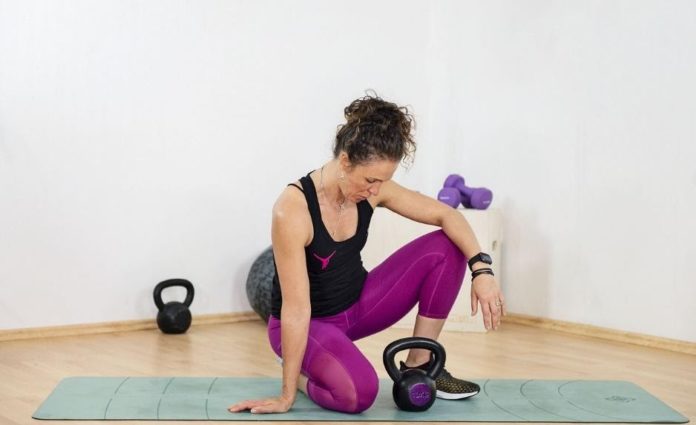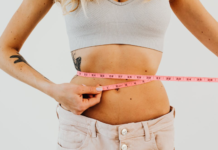Eating recommendations before and after cardio are different from pre- and post-workout nutrition after strength training. Cardio is running, walking, cycling, swimming and other activities that require continuous continuous movement and activates the heart muscle, increasing the heart rate. Thus, knowing what to eat before and after cardio can significantly improve its performance.
Cardio – why and what for?
Aerobics is recommended not only for people who want to lose weight, but also for the health of the cardiovascular system. The number of cardio workouts can be from one session to five per week, and the duration from 10 to 60 minutes. However, it depends on the goal, initial data and training level.
It is always recommended to start with a minimum, gradually increasing the duration of the load. This is due to the rapid adaptation to aerobic exercise, so if your goal is health promotion and weight loss, then the load should gradually increase. Likewise, you should stop cardio gradually as well as increase your calories after dieting.
Eating Before Cardio Workout
It used to be the ideal option to do cardio in the morning before breakfast, because after an overnight fast, the body begins to use fat more actively. Make sure you know how to wrap sprained ankles for better cardio sessions. Current research shows that fat burning will increase if amino acids are taken before exercise. These can be tableted amino acids or fast-digesting protein foods with high nutritional value like whey or egg whites. 10-20 grams of isolate or a pair of egg whites before morning cardio should be sufficient.
However, this option is suitable for people who have a relatively low percentage of subcutaneous fat. For those with an average or higher body fat percentage, the time of training does not matter; the main thing is that there are any at all.
It is optimal to eat 2 or 3 hours before aerobics, if its duration is 30-45 minutes. It is better to eat protein and slow carbohydrates with a low glycemic index, which will keep insulin levels in check, provide sufficient energy before training, and allow you to burn more calories from fat. In fact, you can safely do aerobics 2-3 hours after your regular lunch.
During training
During aerobics, you can and should drink water. Otherwise, the water-salt balance will be disturbed, which will not lead to anything good. On the forums, I often see messages that sweat is fat, which forces people not to drink and wrap themselves from head to toe in a plastic bag. Sweat and fat are completely different substances. The body reacts to a rise in temperature and releases water to lower it, which has nothing to do with fat burning. In addition, the use of cling film for weight loss threatens with serious heart problems.
Eating after cardio workout
During aerobics, the body burns calories intensively. This process does not last long after training, so nutritionists do not recommend eating immediately after cardio. Some sources recommend waiting a full two hours, others 45 minutes. I do not think it is advisable to abstain from food for two full hours, since cardio is a direct route to muscle catabolism, as is fasting after it. The destruction of muscles will not be beneficial for weight loss at all, since they are the main factor of metabolism.
In my opinion, the best option would be to consume fast protein 30-45 minutes after cardio (whey or egg protein), and after another 45 minutes – slow carbohydrates. On the other hand, as international nutritionist, writer and bodybuilder Chris Aceto recommends, take protein immediately after cardio, and carbohydrates after an hour and a half.
Summarizing
- Before your morning cardio workout, skip or take 3-6 g of amino acids, drink 10-20 g of whey protein, or eat 2-3 egg whites.
- Eat 2-3 hours before daytime or evening aerobics (last meal: slow carbohydrates + protein).
- Drink water during exercise.
- After cardio workout (immediately or after 30-45 minutes), drink whey protein or eat a few egg whites.
- Eat slow carbohydrates an hour and a half after aerobics.









